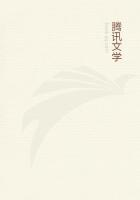In what manner this nation may resist and revolt Having hitherto so partially and elaborately spoken in favour of the English, and being equally connected by birth with each nation, justice demands that we should argue on both sides; let us therefore, at the close of our work, turn our attention towards the Welsh, and briefly, but effectually, instruct them in the art of resistance. If the Welsh were more commonly accustomed to the Gallic mode of arming, and depended more on steady fighting than on their agility; if their princes were unanimous and inseparable in their defence; or rather, if they had only one prince, and that a good one; this nation situated in so powerful, strong, and inaccessible a country, could hardly ever be completely overcome.
If, therefore, they would be inseparable, they would become insuperable, being assisted by these three circumstances; a country well defended by nature, a people both contented and accustomed to live upon little, a community whose nobles as well as privates are instructed in the use of arms; and especially as the English fight for power, the Welsh for liberty; the one to procure gain, the other to avoid loss; the English hirelings for money, the Welsh patriots for their country. The English, I say, fight in order to expel the natural inhabitants from the island, and secure to themselves the possession of the whole; but the Welsh maintain the conflict, that they, who have so long enjoyed the sovereignty of the whole kingdom, may at least find a hiding place in the worst corner of it, amongst woods and marshes; and, banished, as it were, for their offences, may there in a state of poverty, for a limited time, perform penance for the excesses they committed in the days of their prosperity. For the perpetual remembrance of their former greatness, the recollection of their Trojan descent, and the high and continued majesty of the kingdom of Britain, may draw forth many a latent spark of animosity, and encourage the daring spirit of rebellion. Hence during the military expedition which king Henry II. made in our days against South Wales, an old Welshman at Pencadair, who had faithfully adhered to him, being desired to give his opinion about the royal army, and whether he thought that of the rebels would make resistance, and what would be the final event of this war, replied, "This nation, O king, may now, as in former times, be harassed, and in a great measure weakened and destroyed by your and other powers, and it will often prevail by its laudable exertions; but it can never be totally subdued through the wrath of man, unless the wrath of God shall concur. Nor do I think, that any other nation than this of Wales, or any other language, whatever may hereafter come to pass, shall, in the day of severe examination before the Supreme Judge, answer for this corner of the earth."















